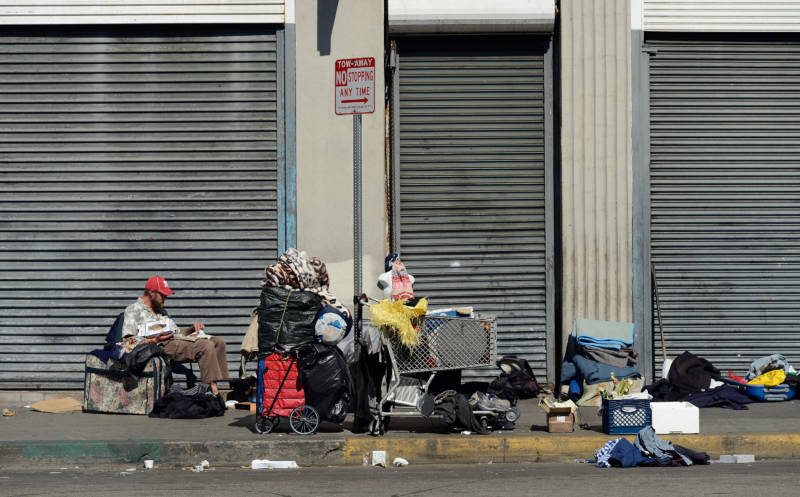California has more than 115,000 homeless people, many suffering from some kind of mental illness. This week the state Legislature is acting on a $2 billion bond that would help get many of them off the streets. The state Senate approved the bond yesterday, the Assembly is expected to take it up later this week.
People like Angelina Washington. She is homeless and currently lives in a long-term shelter for women with mental illnesses at Sacramento’s Loaves & Fishes. That’s a nonprofit that provides services to the homeless. Washington has a simple wish, if she ever has her own apartment.
“To sleep in when I want," she says. "We can’t sleep in over there at the shelter. We have to get up at 6:30 and we have to be out by 8.”
Because she’s been homeless for so long and suffers from mental illness, Washington could potentially benefit from the proposed bond. It would make $2 billion available to California counties over several years to create permanent supportive housing for people like her. The bond would be paid for with funds from Proposition 63, which provides money for mental health services.
